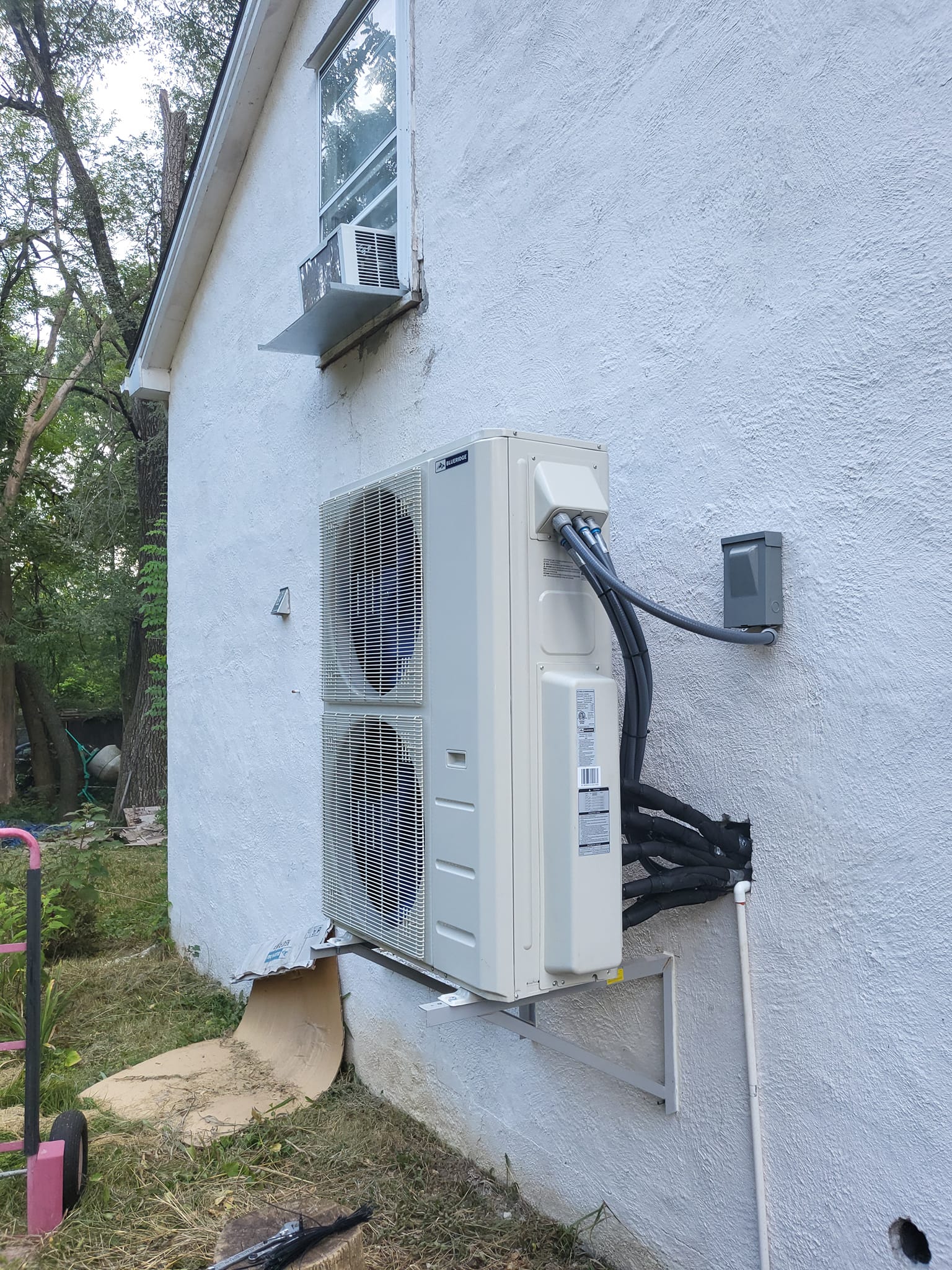
The Ultimate Guide to Understanding Your HVAC System Sep 03, 2025
To begin, it's important to familiarize yourself with the basic components of an HVAC system. At the heart of most systems is the furnace, responsible for heating the air that circulates throughout your home. The air conditioner performs the opposite function, cooling the air and removing humidity. The ventilation aspect involves ducts and vents that distribute the conditioned air across various rooms. These components work in unison, driven by a central thermostat that you control.
Understanding how your HVAC system functions can help you recognize potential issues before they escalate into major problems. For instance, if you hear unusual noises or experience fluctuating temperatures, it might indicate a malfunction in one of the components. Regular maintenance is key to preventing these issues. Scheduling annual inspections with professionals can significantly extend the life of your system, ensuring it's operating efficiently.
Maintenance doesn’t solely lie in the hands of professionals. As a homeowner, you can take steps to optimize your HVAC system's performance. Begin by regularly changing air filters. Dirty filters restrict airflow, forcing your system to work harder and driving up energy costs. Check the filters every month and replace them if they're dirty, ideally every 1-3 months depending on your system's usage.
Another tip is to keep your outdoor unit clean and clear of debris. Leaves, dirt, and grass can obstruct the system, impacting its efficiency. Ensure that any plant life is trimmed back at least two feet away from the unit. Inside your home, ensure that vents and registers are not obstructed by furniture or curtains, allowing air to circulate freely.
Energy efficiency is a prime concern for many homeowners. Upgrading to a smart thermostat can significantly enhance your HVAC system's efficiency. A smart thermostat allows you to program your heating and cooling schedules, reducing energy use when the house is empty. Some models learn your patterns and adjust accordingly, offering even greater energy savings.
Another point to consider is investing in energy-efficient equipment. Systems with higher SEER (Seasonal Energy Efficiency Ratio) ratings cost more upfront but save money in the long run through reduced energy consumption. It’s important to consult with a professional like Garrett Heating and Cooling to evaluate your home and recommend the best options.
Finally, it’s crucial to be aware of the signs your system might be on the decline. If you notice rising energy bills, frequent repairs, or inconsistent temperatures, it might be time to consider an upgrade. When it’s time for a replacement, working with a trusted HVAC service company like Garrett Heating and Cooling ensures you get the best advice and service.
In conclusion, understanding your HVAC system can lead to better efficiency, lower costs, and a comfortable home environment. Regular maintenance, smart usage, and timely upgrades can keep your system running optimally. For personalized advice, don't hesitate to reach out to professionals who can guide you in maintaining and optimizing your system. Remember, a well-functioning HVAC system is not just a luxury; it's a necessity for a comfortable and energy-efficient home.
/filters:no_upscale()/media/2d18d8fd-cec3-45d1-99a1-77b2a0f84728.png)